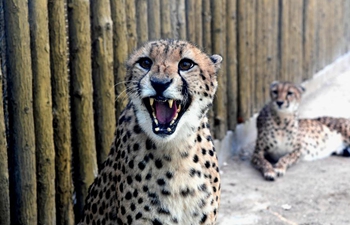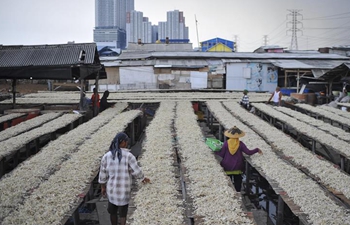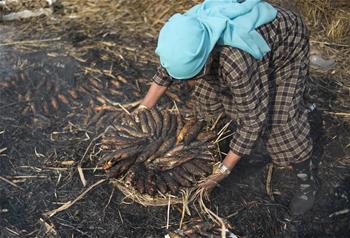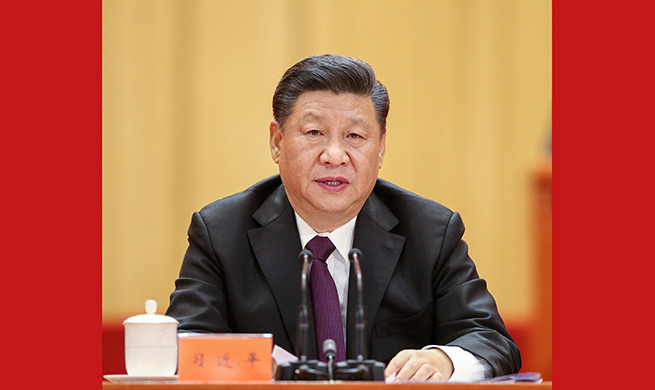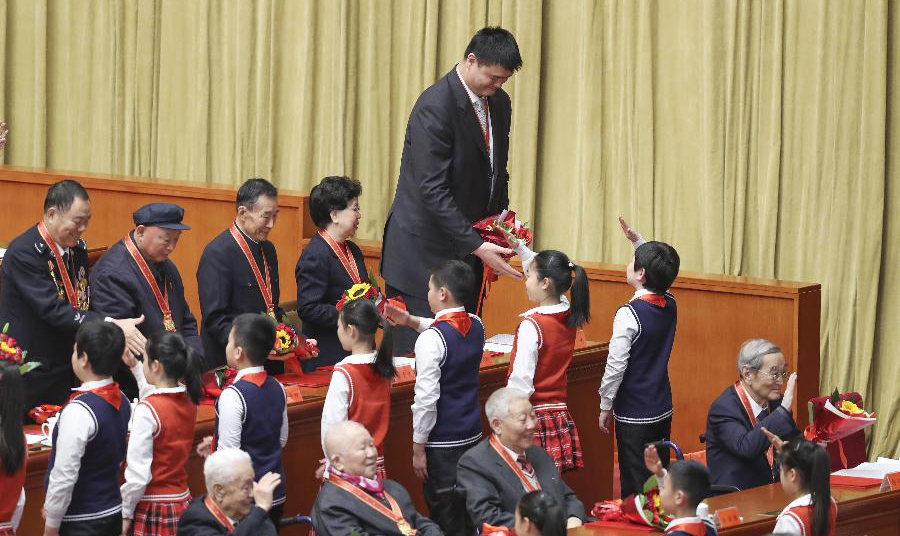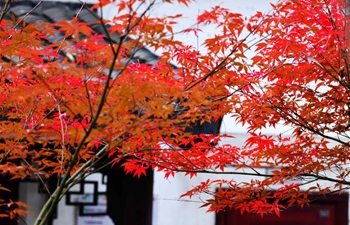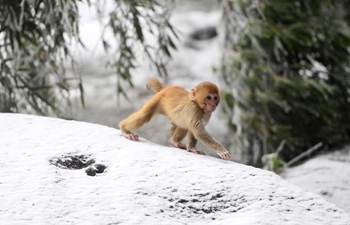URUMQI, Dec. 19 (Xinhua) -- Northwest China's Xinjiang Uygur Autonomous Region has closed 284 oil wells with a total annual oil output of nearly 70,000 tonnes, to return land to wild animals at the Kalamayli Nature Reserve.
The reserve's management center said that as of Sunday the oilfield, including three major well areas, had completely stopped production, despite the loss of annual output worth over 300 million yuan (43.5 million U.S. dollars).
As a result, a surface area of 352,000 square meters has been restored in the reserve, according to the center.
"Now there is no oil well in the reserve, unlike two years ago, when it was dotted by oil wells," said Peng Xiangqian, a senior engineer at the center.
Founded in 1982, the Kalamayli Nature Reserve is China's third largest. Running through the eastern part of the Junggar Basin, the reserve is home to endangered species including onagers and black-tailed gazelles.
Zhundong Oil Production Plant, affiliated to the PetroChina's Xinjiang branch, said it had dismantled the oil wells and sent all the pumping equipment to local recycling centers.
The company also remoulded foundations of some pumping facilities into basins where wild animals can drink water.
The plant has invested over 800 million yuan in oil exploration and facilities construction over recent decades. It costs the plant another 200 million yuan to close the wells.
Oil exploration and exploitation in the region began in the 1950s. It was blamed for damaging the local flora and driving away the reserve's animals.
Starting from 2016, oil exploitation and production have been gradually withdrawn from the reserve.





